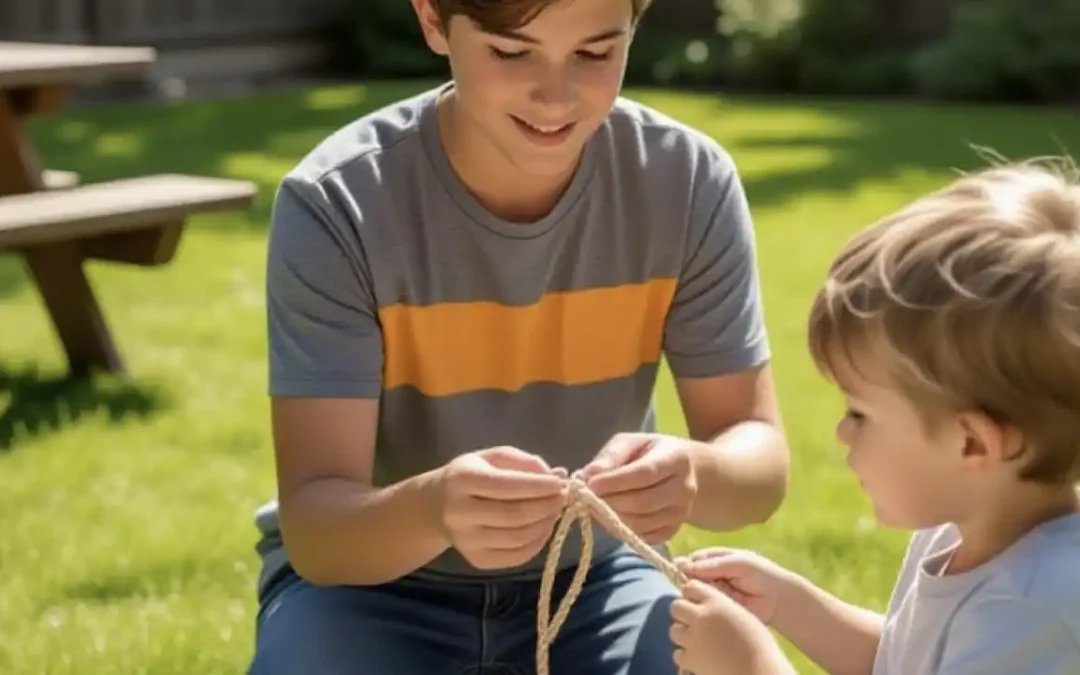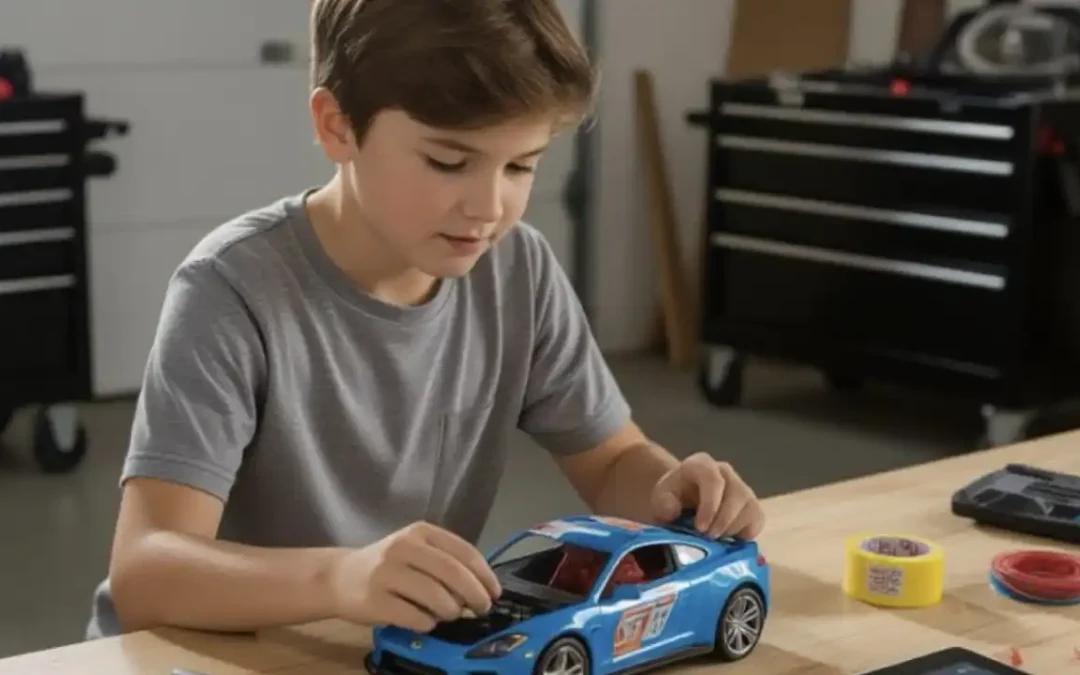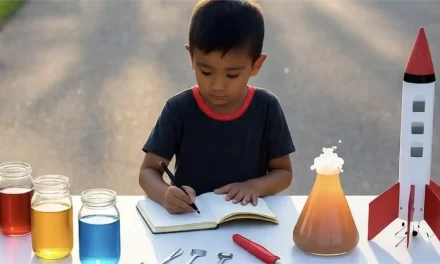
Creating Value as a Producer: Understanding the Role of a Producer
I
n a world driven by viral trends and fleeting praise, children can lose sight of what real achievement looks like. They’re often surrounded by applause for spectacle rather than substance. But authentic pride doesn’t come from being noticed—it comes from building something that matters. A true producer—whether artist, builder, inventor, or thinker—shapes the world through reason, vision, and sustained effort. In Paris cafés, creators turned ideas into movements, designs into solutions. Ask your child, “What value can you create?” That question shifts the goal from attention to impact. It encourages them to see life not as something to consume, but as something to shape.
One weekend, my son noticed neighbors strolling past our house on a hot afternoon. “I could sell lemonade,” he said, grabbing a notepad. He priced supplies, made a sign, and set up a stand—without much help. By sunset, he’d served a dozen customers, counted his earnings, and was already planning for next time. What lit him up wasn’t the money—it was the pride of offering something others wanted, knowing he had created it himself. That spirit carried into school projects and personal goals. He’s learning that satisfaction isn’t granted by others. It’s earned—through effort, intention, and the joy of seeing your work meet the world.
Support this mindset by inviting your child to solve, build, or improve something real. When they show interest in a problem—at home, school, or beyond—ask how they might contribute. For younger children, this might mean inventing, fixing, or designing; for teens, it could involve planning a project or offering a service. Share your own examples—repairing, crafting, refining. These aren’t chores or hobbies. They’re early expressions of productive purpose—proof that shaping the world through thought and action is not just possible, but deeply rewarding.
Creating Value as a Producer

Creating Value as a Producer: Think Beyond Yourself
Help children consider the needs and feelings of others. Compassion and awareness support empathy and moral maturity.

Creating Value as a Producer: Sharing Creations with the World
Encourage children to share their work publicly. Creative contribution builds confidence, communication skills, and joy.

Creating Value as a Producer: Building Skills to Contribute
Guide children to develop practical skills that matter. Contribution nurtures independence, pride, and a sense of capability.
Table of contents

Primordial Soup for the Mind: Navigation
Navigate the book Primordial Soup for the Mind.
TIPS
-
Celebrate creations, spark joy, avoid judging results.
ACTIVITIES
- Create Share: After a craft, ask “What value can you create?” and discuss its impact.
- Fix-It Day: Choose one thing at home that’s broken or messy, and invite your child to help improve it. Even young kids can patch, sort, or suggest.
- Make for Someone: Help your child create a simple gift—a card, snack, or drawing—and ask how it might brighten someone’s day.
TOOLS
Fridge for display (optional).

Download “Primordial Soup for the Mind: A Parent’s Guide to Nurturing Intellectual Growth”
Enter your information to get this article and hundreds more as part of the FREE book Primordial Soup for the Mind.
Share your thoughts with the Thought Academy community in the Comments section below.

Sharpen those skills!
Enter your information to get our FREE practice exercises so you can hone your critical thinking and reasoning skills!







0 Comments